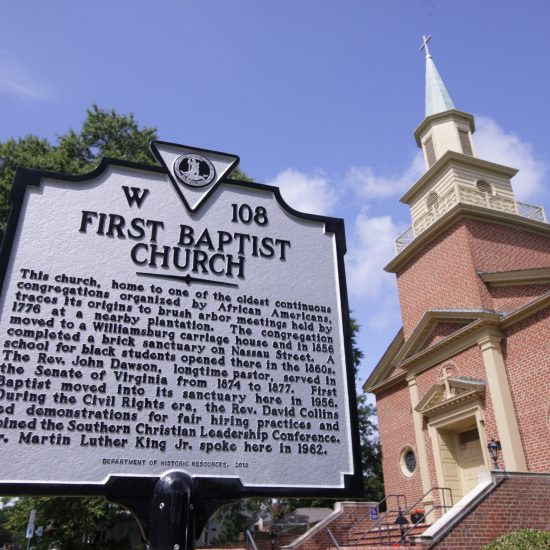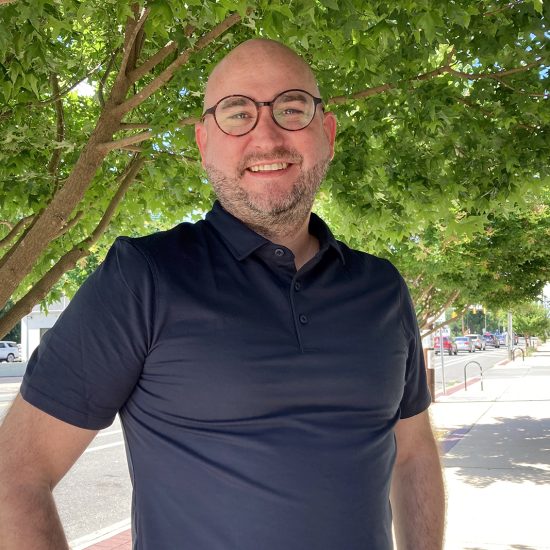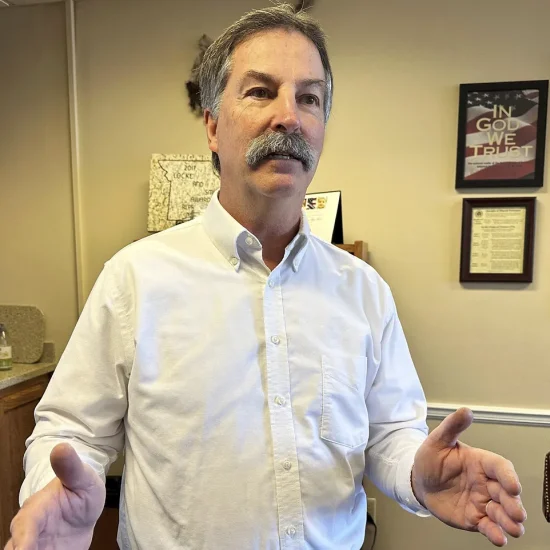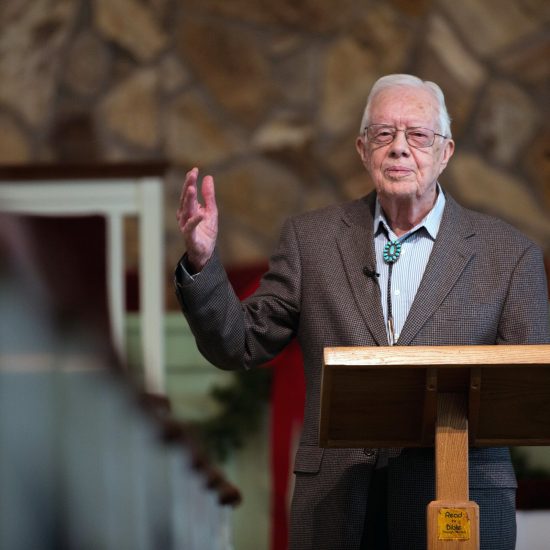JANESVILLE, Wis. (ABP) — Are Christians wrong to worship on Sunday when the biblical Sabbath is Saturday? Rob Appel, executive director of the Seventh Day Baptist General Conference answers with a question of his own: “What day did Christ go to church? Saturday. OK, let’s be Christ like.”
The affable leader of a tiny North American conference of Baptist churches offers his argument with no hint of offense. He’s made it a million times. And frankly, he says, although the conference is defined – even named – by its rare worship theology, Saturday worship is not a definitive marker over which the church is willing to fight.
“It’s not a big thing,” said Appel. “We’re not like some where we spout a lot of nasty comments. We believe in salvation through Christ and in spreading the gospel. Those are a lot more important than whether we worship on the Sabbath or on Sunday.
“We are Baptist,” Appel said. “We just have a different day of worship.”
Seventh Day Baptists are one of the founding members of both the Baptist World Alliance and the North American Baptist Fellowship. With 80 congregations — including two in Canada and another 40 branches or fellowships “in process” — their first North American church was founded in 1671.
The U.S./Canada Conference is one of 24 national conferences in the Seventh Day Baptist World Federation. Malawi has the largest Seventh Day Baptist membership and the North American Conference is not among the largest three.
Appel said Seventh Day Baptists cannot trace their beginning to a particular person or event. They arose in England when some Baptist Christians realized they were worshipping on Sunday but believed the Sabbath was still biblical.
For many years their national headquarters was in Plainfield, N.J. Living on the edge of the country made it impractical, inconvenient and costly for convention leaders to stay in touch with their churches, and facilities were aging in a region from where it was expensive to operate.
Leaders appointed a 12-person task force to study a possible move. While central locations such as Chicago or Nashville, Tenn., were considered, a group in Janesville, Wis., learned of a fairly new building coming onto the market for a reasonable cost.
Suddenly the task force was finished and in 1982, conference headquarters moved to a small northern city two hours from the Chicago airport – a painful two hours for Appel who travels about 50,000 miles a year to stay in touch with his congregations.
But, the largest conference congregation – with 350 members – is four miles up the road in Milton, Wis., a functional distance when conference activities require volunteer help.
Appel, who has led the Conference for seven years, calls Seventh Day Baptists “more conservative than some of our other Baptist friends out there.” He represents the Conference in ecumenical relationships and often feels “we are the only conservative voice in these circles.”
North American churches once called Sabbath Baptists organized as a Conference in 1802. Although “we’ve been around a long time…we’re small.” Appel attributes stunted growth in part to “our own fear.”
Early members were persecuted because of their Sabbath worship, which prompted “a tendency to keep to ourselves.”
“That mentality permeated from generation to generation,” he said. “We don’t feel that anymore. But we don’t have marketing or a program to go and say we want to reach thousands and thousands of people.”
Appel also confesses some churches fear an influx of outsiders could take over a church and change its family nature. Seventh Day Baptists are a close family – almost to their detriment, according to national staff.
Church members do not intentionally exclude others, but it is almost “a kinship system,” said Nick Kersten, resident historian on the national staff explains.
“It’s a family denomination” in which “love for each other and intimacy makes us family, even though are spread coast to coast,” Kersten said.
Seventh Day Baptists keep their doctrine simple, to keep first things first. There is nothing in their statement of belief that mentions the virgin birth, for example.
“We don’t deny it, but we don’t need to put it in,” Appel said. Important things become “watered down” simply as elements of a list in many such statements, he said, and long statements make everything “equally important.”
“It plays back to who stays in our churches,” said Kersten. “People who stay in our churches want to make the most important stuff the most important stuff.”
Seventh Day Baptists leave women’s ordination up to the local church. The Conference has issued no statement on ordination, although it has accredited some female pastors. A local church ordains, the Conference accredits after a person ordained by his or her church takes three required classes: Seventh Day Baptist history; polity and Sabbath theology.
Then the candidate for accreditation must receive a positive vote from the Conference floor in annual meeting.
Seventh Day Baptists have no Conference seminary, although at one time it directly related to three colleges and a seminary.
Kersten said a lingering question for the Conference is how engaged to be with culture. Leadership feels there are few, if any, social issues upon which all churches would agree.
“Salvation by grace through faith is our message,” said Appel. “It’s always been our message.”
The Sabbath theology takes second place, or third. When neighborhood children come to church evangelistic opportunities, Appel said, “we’re not pushing the Sabbath on them. We’re pushing a relationship with Christ.”
Even some persons who join a Seventh Day Baptist church join “for the family” they find there, and not necessarily for Sabbath theology.
“We’re Baptists first,” Kersten said. “When I send kids off to college, I encourage them to keep the Sabbath and find a good Sunday Baptist Church.” He said there are “so many theological problems” in other Sabbatarian groups that “Baptist” is more important than Saturday worship.
-30-
Norman Jameson is a free-lance writer in North Carolina. This article was commissioned by the North American Baptist Fellowship.






